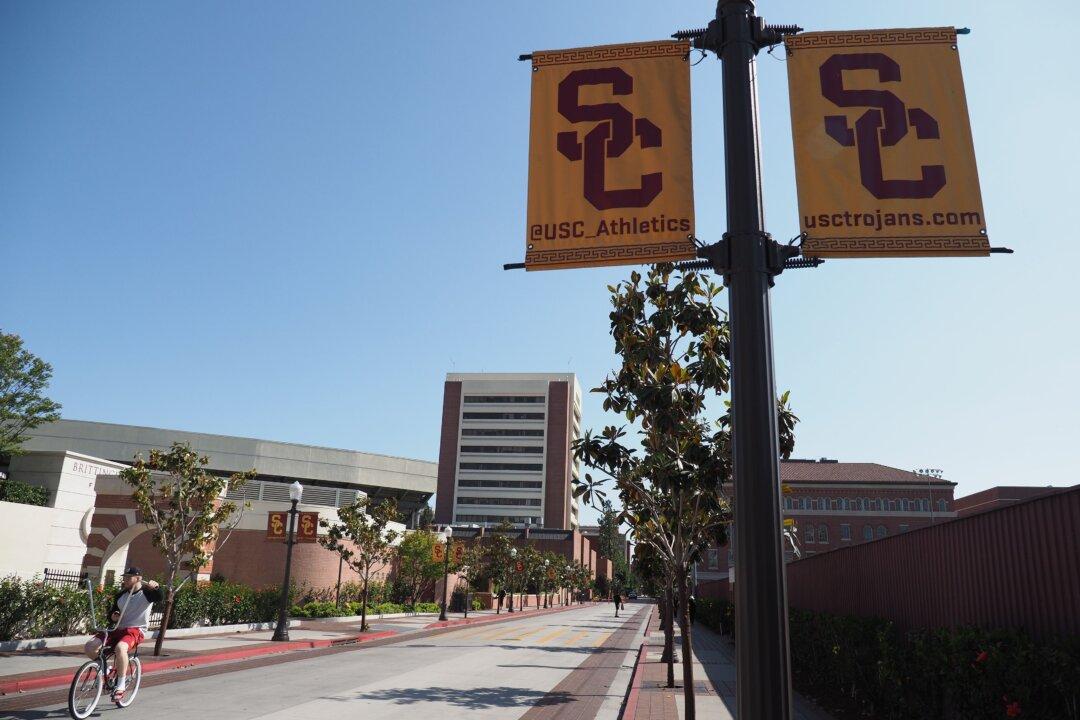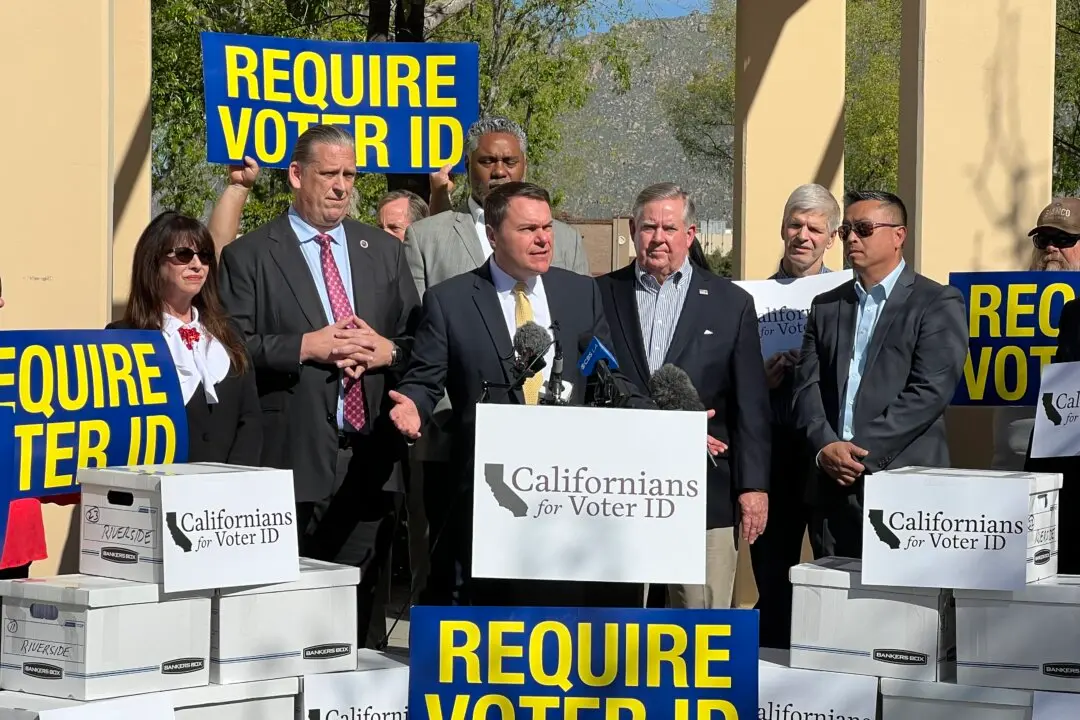Police may soon be investigating some of the nine deaths of University of Southern California students since August if rumors of drug overdoses prove true.
Three deaths this semester have been ruled suicides while the causes of death of the remaining six students have not been determined. The school acknowledged the recent spate of student deaths in letters to the USC community.





